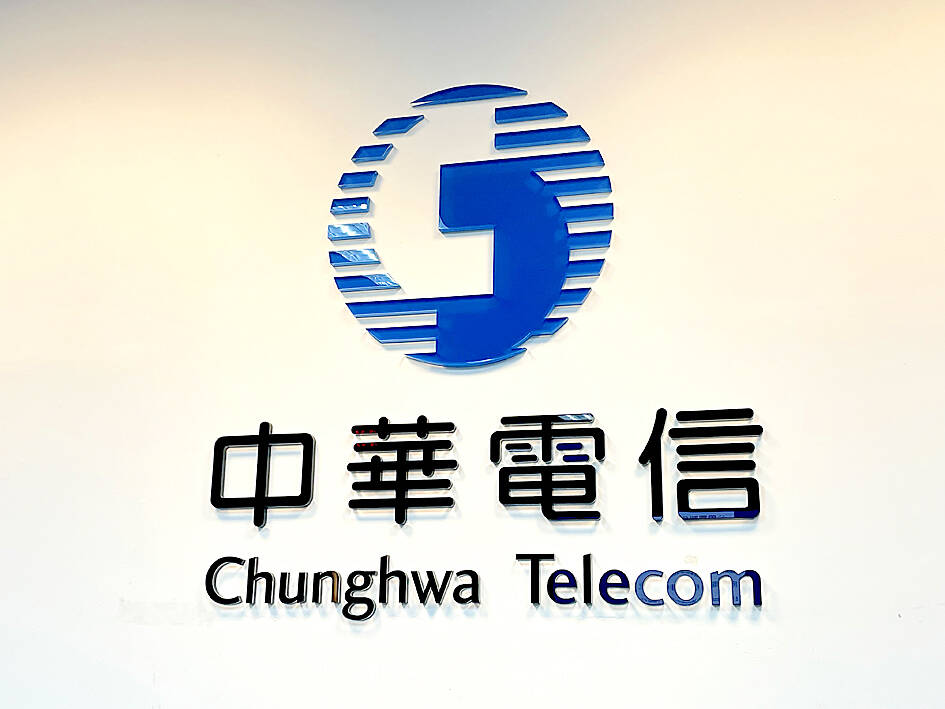The government had implemented comprehensive contingency measures before Google announced that Chunghwa Telecom’s newly issued transport layer security (TLS) protocol would be removed from the list of default trusted certificates on Google Chrome after July 31, the Ministry of Digital Affairs said yesterday.
Google’s announcement came under scrutiny at the legislature, with Chinese Nationalist Party (KMT) Legislator Ko Ju-chun (葛如鈞) describing the Web browser operator’s decision as a “nuclear disaster” in digital trust.
If a Web site does not update its certificate before expiration, a red alert — meaning the browser believes the destination is unsafe — would pop up whenever a page on the site is opened in Google Chrome, Ko said.

Photo: Lin Chih-yi, Taipei Times
The problem would not be solved by simply not using Google Chrome, as the browser has a global market share of 65 percent, he said.
Google announced that TLS certificates issued by Chunghwa Telecom and Hungary-based NetLock would not be trusted on Google Chrome from Aug.1.
The nation’s largest telecom, which was in charge of building networks for most government agencies, said that it failed to complete some security procedures outlined in a new Chrome policy before a deadline, prompting Google to update its security list.
“We have completed all of the security updates as requested by Google Chrome,” Chunghwa Telecom said in a statement. “Unfortunately, it still decided to change the default setting.”
“The reason for the delisting was not due to holes in the TLS certificate or passkey leaks,” the statement said, adding that the telecom “would continue to work with Google to have the TLS certificate listed a trusted one on Google Chrome by default again, which should be achieved by March next year.”
Chrome’s new security policy does not affect the TLS certificate that Chunghwa Telecom issued before July 31, the statement said, adding that its certificate would not have problems running on Web browsers developed by Microsoft and Apple.
The TLS certificate issued by Chunghwa Telecom fully complies with the Electronic Signatures Act (電子簽章法), and has passed the audit and verification administered by WebTrust for Certification Authorities program and ISO27000.
People can be assured that electronic signatures transmitted via Chunghwa Telecom Internet services do not have any security breaches, it said.
Since March, the government has implemented dual certificate authentication on government Web sites, with one of them issued by the TLS Certification Authority, the ministry said.
The mechanism was implemented to ensure that government Web sites would continue to operate safely on all mainstream browsers, while public digital services would be stable and trustworthy, the ministry said.
Google’s change in digital trust policy affects the new TLS certificate issued after July 31, but the certificate issued by the certification agency is valid for one year, the ministry said.
In other words, people would continue to have full cybersecurity protection when using Chrome to access government Web sites, it said, adding that the public need not worry that government Web sites would be marked as unsafe by the browser.

Chinese spouse and influencer Guan Guan’s (關關) residency permit has been revoked for repeatedly posting pro-China videos that threaten national security, the National Immigration Agency confirmed today. Guan Guan has said many controversial statements in her videos posted to Douyin (抖音), including “the red flag will soon be painted all over Taiwan” and “Taiwan is an inseparable part of China,” and expressing hope for expedited reunification. The agency last year received multiple reports alleging that Guan Guan had advocated for armed reunification. After verifying the reports, the agency last month issued a notice requiring her to appear and explain her actions. Guan

GIVE AND TAKE: Blood demand continues to rise each year, while fewer young donors are available due to the nation’s falling birthrate, a doctor said Blood donors can redeem points earned from donations to obtain limited edition Formosan black bear travel mugs, the Kaohsiung Blood Center said yesterday, as it announced a goal of stocking 20,000 units of blood prior to the Lunar New Year. The last month of the lunar year is National Blood Donation Month, when local centers seek to stockpile blood for use during the Lunar New Year holiday. The blood demand in southern Taiwan — including Tainan and Kaohsiung, as well as Chiayi, Pingtung, Penghu and Taitung counties — is about 2,000 units per day, the center said. The donation campaign aims to boost

The Kaohsiung Tourism Bureau audited six hotels in an effort to prevent price gouging ahead of Korean band BTS’ concert tour in the city scheduled for Nov. 19, 21 and 22 this year. The bureau on Friday said that the audits — conducted in response to allegations of unfair pricing posted on social media — found no wrongdoing. These establishments included the local branches of Chateau de Chine, Hotel Nikko, My Humble House, and Grand Hai Lai, it said, adding that the Consumer Protection Commission would have penalized price gougers had the accusations been substantiated. The bureau said the Tourism Development Act

The Central Weather Administration (CWA) said a magnitude 4.9 earthquake that struck off the coast of eastern Taiwan yesterday was an independent event and part of a stress-adjustment process. The earthquake occurred at 4:47pm, with its epicenter at sea about 45.4km south of Yilan County Hall at a depth of 5.9km, the CWA said. The quake's intensity, which gauges the actual effects of a temblor, was highest in several townships in Yilan and neighboring Hualien County, where it measured 4 on Taiwan's seven-tier intensity scale, the CWA said. Lin Po-yu (林柏佑), a division chief at the CWA's Seismological Center, told a news conference